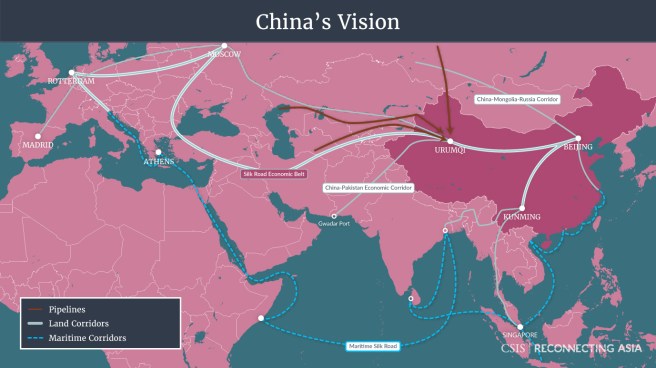Horasis – a global visions community committed to inspiring our future – provides a unique platform for companies from emerging and developed markets to globalize their organisations.
Horasis convened the 2018 Horasis Asia Meeting in Binh Duong New City, Vietnam, over 25-26 November.. The Horasis Asia Meeting brought together over 500 of the foremost leaders from across Asia including the top leadership of Vietnam. The meeting was co-hosted by Binh Duong Province in the effort to welcome more investor to the city and to Vietnam.
Hang Dao, co-founder of CVD, was a speaker at the meeting in 2018 in the climate change to discuss about Climate Change impacts. Hang Dao’s speech focused on the unprecedented climate challenges that Mekong Delta of Vietnam is facing, and how we can see them as exciting development opportunities coming along: Resilient infrastructures from renewable energy to transportation – roads and airports – should be more developed in the region; education should be particularly invested; tourism should be more sophisticated; hitech investors should be encouraged to move into the area; and most importantly, Vietnam should let the Mekong Delta area be free to develop and not keep Mekong Delta as an agriculture region for purely food security purposes, namely by rice-first policy. Tiếp tục đọc “CVD’s co-founder at Horasis Asia Meeting 2018”

